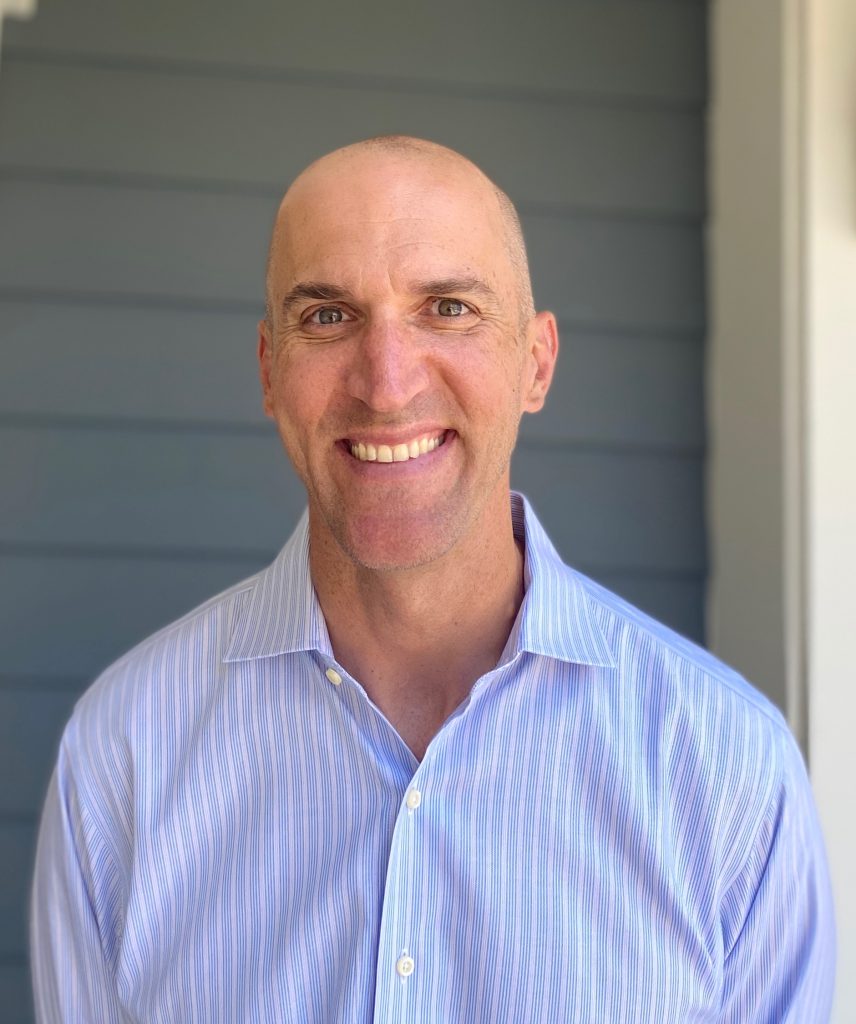Opinion: Time to polish those interview skills, whichever side you’re on
By Kyle McIntosh
The Department of Labor reported a record 8.1 million job openings in the U.S. at the end of March. While employers are eager to fill openings, it’s critical that managers are thorough in assessing candidates to ensure new hires fit their needs.

Having interviewed hundreds of candidates during my 23 years in corporate roles, I honed my list of questions to those that gave me the best chance to hire qualified candidates. I now use this list to prepare my students at California Lutheran University for interviewing for internships and their first full-time roles. Whether you are a hiring manager, a recruiter or someone seeking a job, I hope you find a gem or two in this list that you can add to your interview repertoire:
• Why are you interested in this role? Admittedly, this one is, or should be, a layup. Ideal candidates should nail this question with a clear answer about how the role fits with what they have done and their future goals. If candidates cannot communicate why they are interested or if they are interested for the wrong reasons (“I am looking for more money” or “I just want a promotion”), they may not be right. Candidates may also provide an answer, such as “I hate my boss,” that could be a red flag.
• What elements of the job description do you see as a good fit? What elements do you see as a stretch? First off, these questions serve as a check regarding whether the candidate has read the job description. Just as some candidates cannot state why they are interested, many spend little to no time with the job description. To me, not having read the job description is a signal that the person lacks genuine interest in the role.
Beyond this — and assuming the candidate is honest — these questions help you assess fit. If you are amenable to hiring someone who can grow into a role, you might accept a higher number of “stretch” areas; conversely, you may need someone who is immediately solid across all areas so any “stretches” could be a deal-breaker.
• How did you prepare for this interview? This is my favorite. First, it’s difficult for candidates to fake an answer to this question; either they prepared, or they did not. If they have not prepared, it likely means their interest level is low.
Second, the approach the person takes in preparing for the interview is a good predictor of the candidate’s work style. For instance, the applicant may have thoroughly researched and analyzed publicly available information on the company. Or the candidate could have used networking skills to connect with people at the company to learn about the business. Through this answer, you will learn something about the candidate’s work style that you can compare to what you need from your new hire.
A final benefit of this question is that you can follow up by asking what the candidate learned. While I don’t expect a candidate to become an expert in a short period of time, there should be a few insights gained through this process.
• How would others describe you? You will need to adapt this question depending on the role. If you are hiring for a leadership position, you should ask how the candidates’ team members perceive them. For those who will be working as individual contributors, you should ask how their manager would describe them.
Another approach can be to adapt the question to have candidates describe a role they are currently playing on a team and how others on the team would characterize them. Ultimately, I believe that these questions allow you to assess whether candidates’ perceptions of how others see them fits with your company culture and what you need from your future employees.
• Kyle McIntosh is a lecturer in accounting and finance in the California Lutheran University School of Management. He previously served as head of operations finance for Amgen and as the corporate controller for Patagonia.









